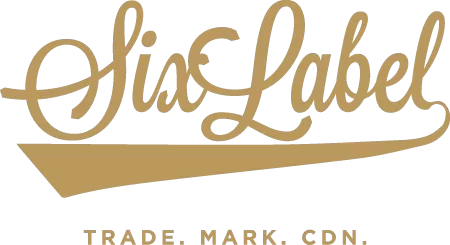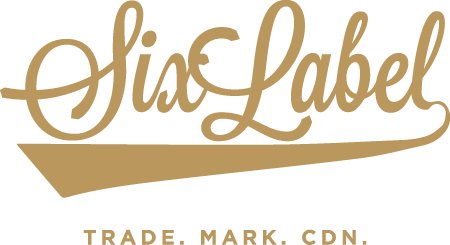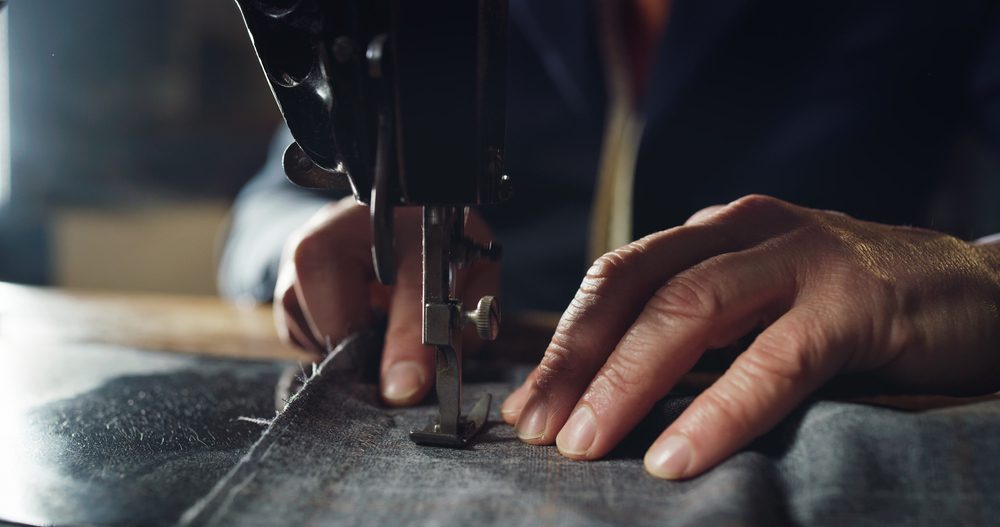
The fashion industry, an ever-evolving and dynamic field, is a testament to creativity, craftsmanship, and innovation. Among the myriad players that contribute to its vibrancy, high quality clothing manufacturers stand out, serving as the backbone of many high-end fashion brands. These manufacturers not only provide the essential service of producing clothing but also play a pivotal role in the creation of fashion masterpieces that grace runways, red carpets, and high streets. This blog delves into the world of premium apparel manufacturers, highlighting their processes, challenges, innovations, and contributions to the fashion industry.
To find high-quality clothing manufacturers, it’s important to consider several factors including the type of clothing you’re interested in (e.g., casual wear, formal wear, activewear), the materials you prefer (organic cotton, synthetic fibers, etc.), sustainability practices, and the production capacity and location of the manufacturer.
The Art and Science of Premium Apparel Manufacturing
At its core, premium manufacturing for apparel is both an art and a science. It combines traditional craftsmanship with modern technology to produce garments of the highest quality. These manufacturers work closely with fashion designers, interpreting their visions into tangible products that meet the exacting standards of the luxury market. The process involves several stages, from sourcing the finest materials to employing skilled artisans who bring designs to life with meticulous attention to detail.
Sourcing the Finest Materials
The journey of a premium garment begins with the selection of materials. Premium apparel manufacturers go to great lengths to source the finest fabrics, whether it’s cashmere from Mongolia, silk from China, or organic cotton from Egypt. These materials are not just chosen for their quality but also for their sustainability, as luxury brands increasingly prioritize eco-friendly practices. The choice of material significantly impacts the final product’s look, feel, and durability, making it a critical step in the manufacturing process.
go to great lengths to source the finest fabrics, whether it’s cashmere from Mongolia, silk from China, or organic cotton from Egypt. These materials are not just chosen for their quality but also for their sustainability, as luxury brands increasingly prioritize eco-friendly practices. The choice of material significantly impacts the final product’s look, feel, and durability, making it a critical step in the manufacturing process.
Embracing Technological Innovation
While traditional craftsmanship remains at the heart of premium apparel manufacturing, technological innovation has dramatically transformed the industry. Cutting-edge technologies such as 3D printing, laser cutting, and automated sewing machines have streamlined production processes, allowing for greater precision and efficiency. Moreover, digital tools have enabled closer collaboration between designers and manufacturers, facilitating real-time adjustments and ensuring that the final product aligns perfectly with the designer’s vision.
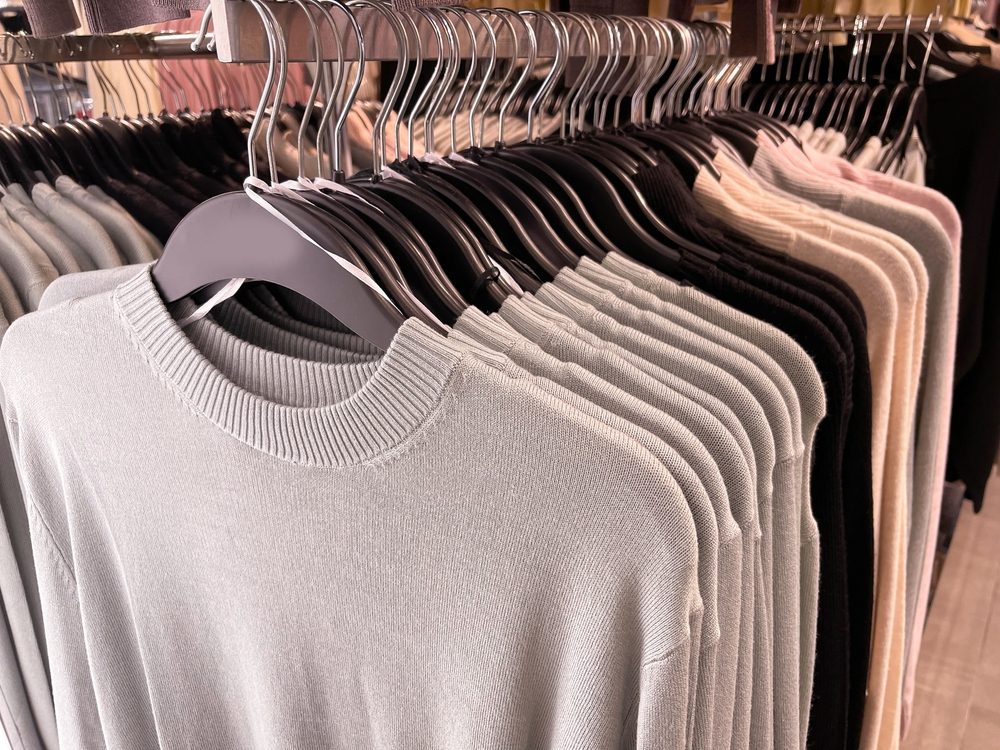
The Craftsmanship of Skilled Artisans
Despite the advances in technology, the human touch remains irreplaceable in premium apparel manufacturing. Skilled artisans, with years of experience and knowledge passed down through generations, are instrumental in crafting garments that meet the luxury market’s high standards. Their expertise enables them to execute complex designs, work with delicate materials, and apply intricate details such as embroidery, beading, and hand-stitching. This level of craftsmanship adds a unique, personal touch to each garment, distinguishing premium apparel from mass-produced fashion.
Overcoming Challenges
The high quality clothing manufacturers face several challenges, from maintaining quality standards to adapting to fast-changing fashion trends. One of the most significant challenges is the balancing act between innovation and tradition. Manufacturers must continually invest in new technologies and training for their artisans to stay ahead in a competitive market. Additionally, the global nature of the fashion industry poses logistical and ethical challenges, from managing international supply chains to ensuring fair labor practices.
The Role in Sustainable Fashion
Sustainability has become a cornerstone of the fashion industry, and premium apparel manufacturers are at the forefront of this movement. By adopting eco-friendly materials and processes, these manufacturers are reducing the industry’s environmental footprint. Initiatives include using recycled fabrics, minimizing waste through efficient production methods, and ensuring ethical labor practices. This commitment to sustainability not only meets the demands of environmentally conscious consumers but also sets a standard for the rest of the industry to follow.
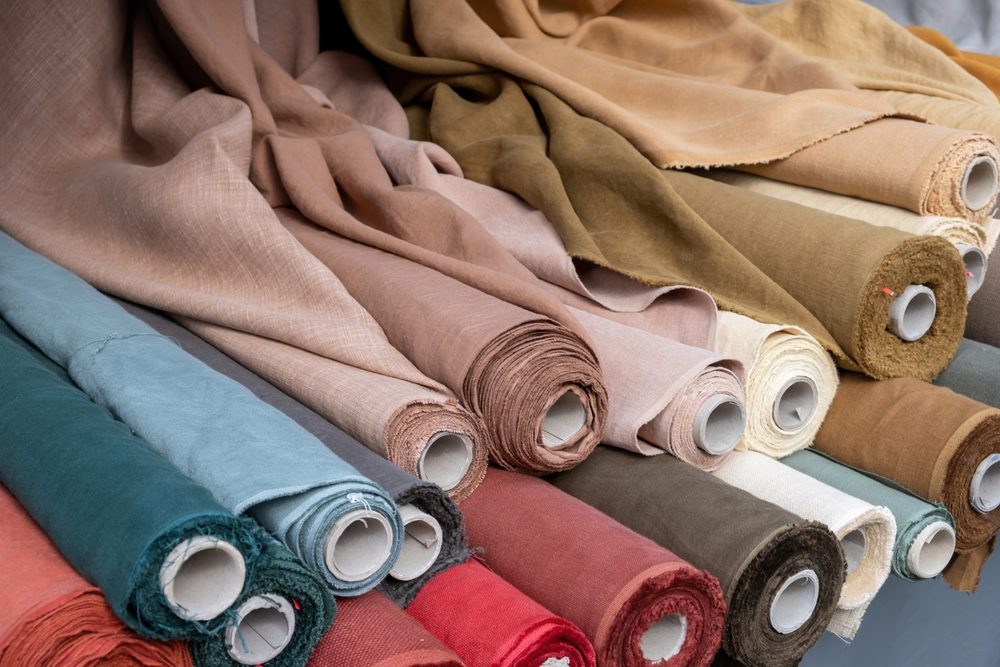
Conclusion
Premium apparel manufacturers are crucial players in the fashion industry, bridging the gap between creative vision and tangible products. Through their dedication to quality, craftsmanship, and innovation, they create garments that embody luxury and style. As the industry continues to evolve, these manufacturers will undoubtedly face new challenges but also opportunities to redefine fashion. By embracing sustainability and technological advancements, they can ensure that their garments remain synonymous with excellence, now and in the future.
In conclusion, the world of high quality clothing manufacturers is a complex yet fascinating one, characterized by a blend of tradition and innovation. These manufacturers not only contribute to the fashion industry’s dynamism but also play a critical role in shaping its future. As we move forward, their commitment to excellence, sustainability, and innovation will continue to be instrumental in crafting the fashion masterpieces that captivate the world. A good manufacturer should be responsive, communicate clearly, and be willing to collaborate closely with you throughout the production process.
